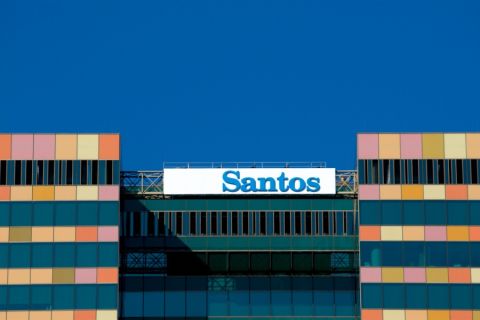Deep output cuts by OPEC and other oil-producing nations will not prevent a huge build-up of crude, the head of the International Energy Agency (IEA) said April 3, urging the world’s richest economies to discuss broader ways to stabilize oil markets.
Fatih Birol, executive director of the IEA, told Reuters that measures to contain the spread of the coronavirus had lead to an "unprecedented" demand loss that could reach as much as a quarter of global consumption.
Birol spoke to Reuters after speaking to Saudi Arabian Energy Minister Prince Abdulaziz bin Salman ahead of a meeting of OPEC and its allies, known as OPEC+, on April 6 to discuss cutting output to reverse the collapse in oil prices.
RELATED:
Oil Analysts Skeptical about Saudi-Russian ‘Deal’
Even with output cuts of 10 million bbl/d, the equivalent of 10% of global supply, oil inventories would still rise by 15 million bbl/d in the second quarter, Birol said.
"This would mean that there will still be huge pressures on global oil markets," the head of the energy watchdog said.
"Monday’s meeting with OPEC+ countries can well be a good start, but even the numbers people are talking about may not be enough to find a solution to the problem. It would only help to mitigate the damage we are seeing."
He urged Saudi Arabia, the de facto leader of OPEC and the current head of the group of 20 major economies, to discuss broader ways to stabilize the global economy's "meltdown."
"Saudi Arabia, which has been a stabilizer of oil markets for many years can once again play a constructive role and as chair of the G20 can bring all key economies of the world, producers and consumers together, to have a dialogue to take measures to try to stabilize the oil markets."
Birol said he was not aware of any measures taken by the U.S. administration to limit the country’s oil output. The drop in oil prices has, nevertheless, led to many fields shutting down there and a reduction in shale drilling, he said.
Recommended Reading
US Drillers Add Oil, Gas Rigs for First Time in Five Weeks
2024-04-19 - The oil and gas rig count, an early indicator of future output, rose by two to 619 in the week to April 19.
Strike Energy Updates 3D Seismic Acquisition in Perth Basin
2024-04-19 - Strike Energy completed its 3D seismic acquisition of Ocean Hill on schedule and under budget, the company said.
Santos’ Pikka Phase 1 in Alaska to Deliver First Oil by 2026
2024-04-18 - Australia's Santos expects first oil to flow from the 80,000 bbl/d Pikka Phase 1 project in Alaska by 2026, diversifying Santos' portfolio and reducing geographic concentration risk.
Iraq to Seek Bids for Oil, Gas Contracts April 27
2024-04-18 - Iraq will auction 30 new oil and gas projects in two licensing rounds distributed across the country.
Vår Energi Hits Oil with Ringhorne North
2024-04-17 - Vår Energi’s North Sea discovery de-risks drilling prospects in the area and could be tied back to Balder area infrastructure.



